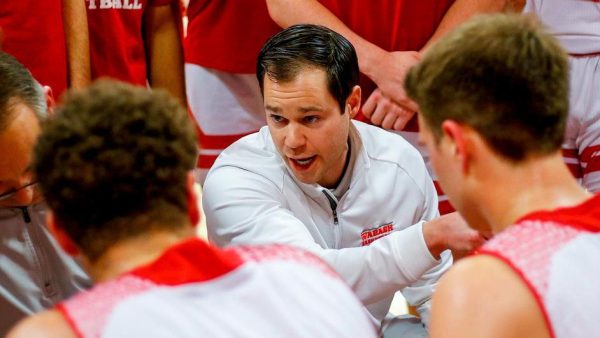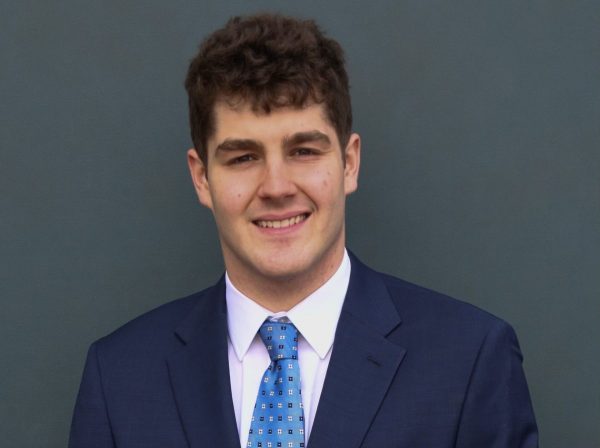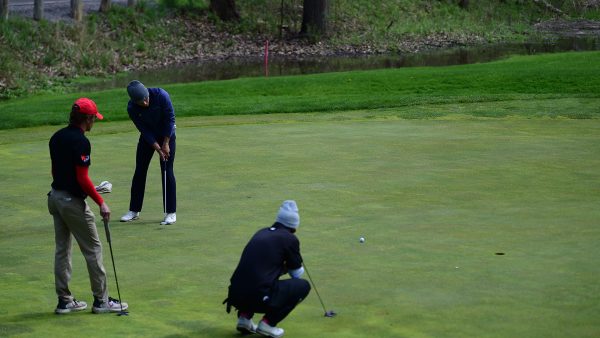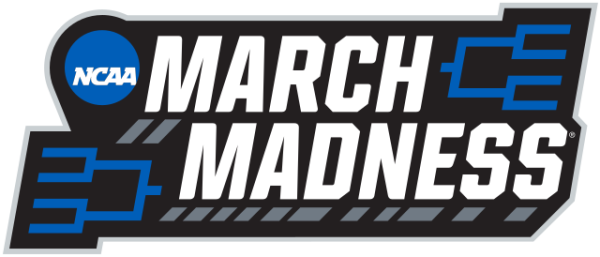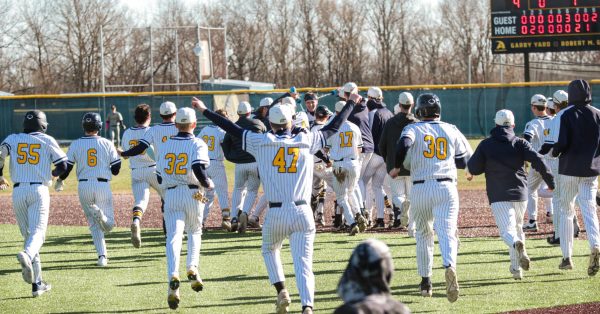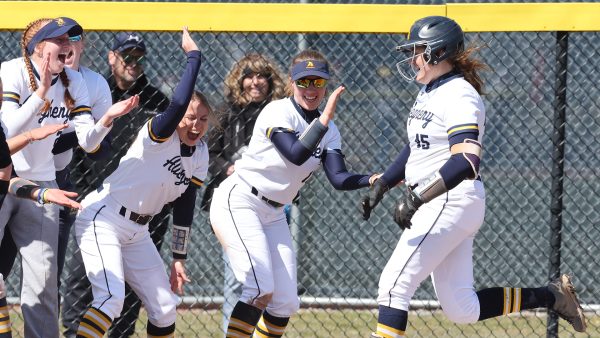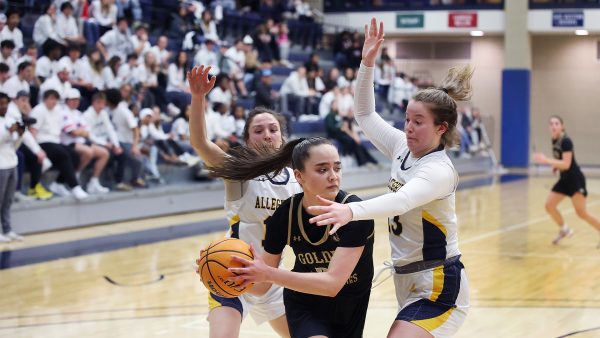Recruiting athletes during a pandemic
Six feet apart. Wear a mask. These are phrases that have been integrated into everyday life. Social distancing has become a necessity to prevent the spread of COVID-19. Students around the country are becoming familiar with remote classes. Coaches across the United States are making adjustments as well; many of them are preparing for physically-distanced practices and a spring season that may not happen. Additionally, the landscape of the yearly recruitment process has changed.
I am starting my 11th year coaching. In the first 10 years of coaching I did one Skype interview with a recuit.”
— Benjamin Mourer, Head Coach, Cross Country
College coaches around the nation are used to traveling to tournaments, finding talented high schoolers and meeting prospective students face-to-face. All of these commonalities have been postponed; thus coaches are forced to recruit remotely. Coaches already find players virtually when they make their rankings of head-turning athletes, watching highlights and sending out emails. Thus, coaches discovered methods on how to lure in new recruits.
Allegheny’s coaches experienced a learning curve on how to use various platforms to reach out to students. Benjamin Mourer, head coach of men’s and women’s cross country and assistant coach of men’s and women’s track and field, explained how setting up virtual meetings was unprecedented.
“I am starting my 11th year coaching,” Mourer said. “In my first 10 years of coaching, I did one Skype interview with a recruit. In the past five to six months, I have done dozens and dozens and dozens of them. I wasn’t doing anything virtually before, and now that is the primary way to contact people.”
Although Mourer had to adjust to more video calls and other forms of communication, he had more time to focus on the recruitment process. He attributes a strong incoming 2025 class to the cancellation of the spring season and an extended application deadline.
“Honestly, (the 2025 athletes) look very strong still,” Mourer said. “I am a little bit ahead or more than I’ve been in other years. I think students had downtime, and I at least had downtime since I was not coaching in the spring.”
Remaining optimistic in an unorthodox situation was a common trend among Allegheny’s coaches. Pamela Monnier, assistant women’s soccer coach, believes that remote meetings have revolutionized the way coaches connect with athletes.
“It gives us more ways to connect with (incoming players),” Monnier said. “We had not really thought about doing a ton of FaceTime calls or Zoom meetings or figuring out ways for them to virtually meet with our players before they visit campus. I think that’s something that can benefit a lot of programs in giving them connecting pieces early on.”
While there are some positives to evaluating players virtually, Monnier understands that the videos from prospective students cannot replicate the experience of watching a player firsthand. Although she can recognize the talent level of a player on video, they do not show the attributes of a player off the field.
“There is so much more that goes into it than simply how talented they are on the field,” Monnier explained. “How are they going to interact with our players? Do I see them as a good fit? Are they a diva on the field? We do miss a lot of that when you are only able to recruit by video.”
Allegheny’s coaches understand that online recruiting has its disadvantages. As a result, many of these coaches focused on bringing in students that have already visited campus. Richard Nagy, head football coach, explained how the Gators tried to bring in new students familiar with Allegheny.
“It really became a constant stay in touch through emails, texts and a lot of personal calls to distance ourselves from other people,” Nagy said. “We felt like if we put our time and effort into those that had seen the campus, we were going to have a better chance on our return.”
Despite an emphasis on bringing in rising freshmen who had seen the campus, Nagy as well as many other Allegheny coaches helped to provide a virtual experience for students considering going to school amidst the pandemic. As students returned home for online courses in the spring, Allegheny coaches and staff members stayed behind and began creating videos that covered nearly every facet of campus life.
“We sent it out to alums who did videos for us,” Nagy said. “We did videos of our own players, the athletic department put on videos of the Wise Center and our basketball coaches went on a virtual campus tour. In conjunction with admissions, who added ones of their own, they also added different ones for the dorms and dining halls.”
Allegheny’s coaches had to make adjustments in their recruiting process this year from learning social media platforms to making videos of being an Allegheny athlete. Nevertheless, they still found a way to virtually connect with incoming students and were satisfied with the results.

Adam Cohen is a third-year student from New York City. This is his second year on the Campus staff and he is a Communication major with a double minor...



